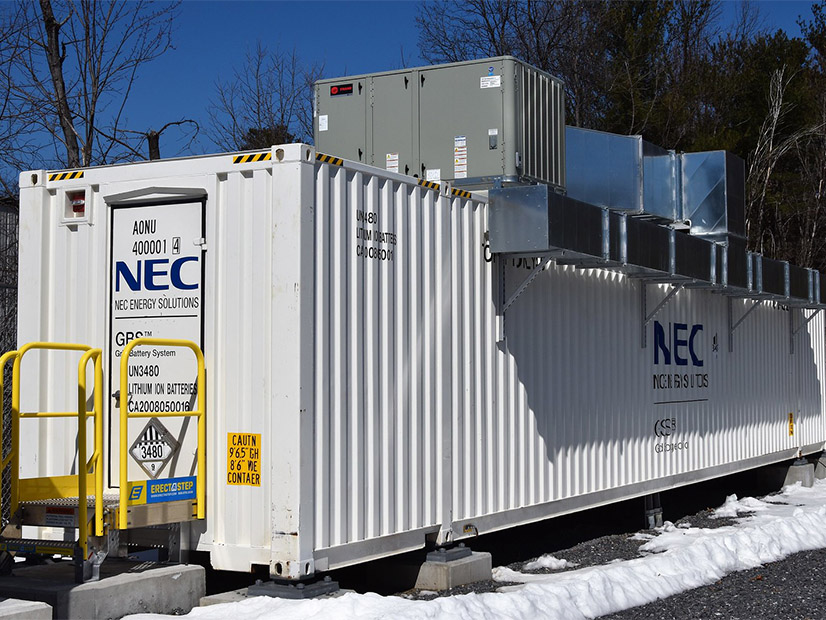ISO-NE is proposing a change in how often it recalculates key parameters of its capacity auction.
At the NEPOOL Markets Committee meeting Tuesday, Deborah Cooke, an analyst at the grid operator, laid out changes that ISO-NE wants to make to calculating the cost of new entry (CONE), net CONE and the performance payment rate in a rapidly changing market.
Currently, ISO-NE’s tariff requires triennial recalculation of CONE and net CONE, with the next recalculation scheduled for FCA 19 in 2025.
ISO-NE wants to push that back to FCA 21, two years later, to account for proposed market changes that are in the works, including new resource capacity accreditation rules and day-ahead ancillary services. Those projects could clash with the recalculation if they’re ongoing at the same time, the RTO says.
It’s also calling for changing the update frequency from every three years to every four, which would provide “less variability and more certainty,” Cooke said.
New England’s neighboring regions NYISO and PJM update their calculations every four years, and doing it less often would let ISO-NE allocate resources to other projects, Cooke added.
The committee will discuss the proposal over the next few months, aiming for a vote in June and Participants Committee approval in August.
A New Look at CSF
ISO-NE is also moving forward with a plan to try to improve the continuous storage facility (CSF) model to accommodate storage projects that inject energy into the grid but don’t consume it.
The CSF model was launched in 2019 as an update to rules that were written with pumped storage in mind, and a way to let modern storage technology participate more broadly in the markets. It also gives ISO-NE more visibility and dispatch control over the resources.
“The CSF rules currently limit participation to resources that are capable of consuming energy from and injecting energy into the ISO-administered bulk electric system,” ISO-NE technical manager Doug Smith said in a presentation at Tuesday’s meeting.
Some new projects consisting of storage plus intermittent generation are not capable of consuming energy from the grid because they have to charge their storage from the generation connected on-site. The proposed tariff changes would allow those projects to register and operate as a CSF. ISO-NE is aiming to bring the proposal through the NEPOOL stakeholder process by this summer and have them in effect by November.
Cyber Reporting
The MC agreed on recommending tariff changes that would meet mandatory reporting requirements for cybersecurity incidents and events set by NERC and the U.S. Department of Energy. The language would also modify confidentiality restrictions to enable ISO-NE to report cybersecurity incidents and events to NERC, DOE and the Department of Homeland Security.
The new policy would let ISO-NE submit confidential information to those agencies in the event of a cybersecurity incident without consent or prior notice to the involved participants.



